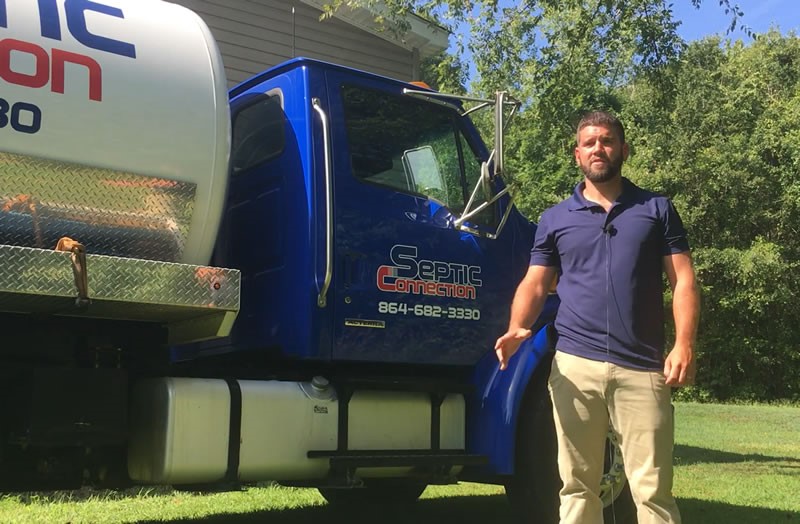5 Ways to Avoid a Septic Tank Backup
No one wants to deal with a septic tank backup as it can cause inconveniences, not to mention being a real health hazard to you and your family. At Septic Connection, we’ve put together a number of tips to help you avoid a septic tank backup.
- Be Careful What You Flush or Pour Down Your Drains
One of the leading causes of septic tank backups is flushing the wrong items down the drains. Your drains are only designed to handle body waste, toilet paper, and wastewater. Anything else should not be put down the drains. Avoid flushing items like condoms, baby diapers, menstrual products, cotton buds, and dental floss.
- Perform Preventive Septic Tank Maintenance
Having your septic tank inspected and serviced every two to three years is surely one of the best ways to prevent septic backups. During your scheduled maintenance checks, a septic professional will perform a comprehensive examination of your septic tank and provide you with expert recommendations. Routine septic tank checkups will help you identify potential septic problems and have them fixed before they become expensive repairs.
- Schedule regular septic tank pumping
Septic tank pumping is an essential part of keeping your septic tank and the entire septic system in good working condition. This process involves removing the sludge, floating solids, and liquid from a septic tank before the contents build up to a point where they cause problems. If you ignore septic tank pumping in Greer, the solids in the tank will build up to a level where they block the outlet pipe that leads to the drainfield. A clogged outlet pipe will obstruct the flow of liquids into the drainfield, thereby leading to septic tank backup. Ideally, you should have your septic tank pumped out at least every three to five years. However, the actual frequency will vary depending on usage and household size. If you’re not sure when to pump out your septic tank, call a trusted septic company to inspect your septic system and provide you with expert recommendations.
- Inspect Your Drain Lines Regularly
One of the main causes of septic tank backups is blocked drain lines that connect the septic tank to the drainfield. The most common culprits for blocked drain lines are tree roots, broken pipes, debris, grease and oil, incorrect pipe installation, and foreign objects. To avoid drain line clogging, you need to be careful about what you put down your drains. You should also schedule regular drain line inspections and watch out for signs of trouble. You’ll know your septic tank is about to back up if you notice gurgling sounds coming out of your drains, slow drains, bad odors coming out of your drains, and difficulty flushing your toilet.
- Protect your drainfield
Excessive water usage in your home can lead to a saturated drainfield. When your drainfield becomes saturated, the excess wastewater will find its way back into your drains. So, it’s advisable to maintain efficient water usage in your home to avoid drainfield failure.
Call Septic Connection for Dependable Septic Services
If you need reliable and affordable septic services, get in touch with Septic Connection. We offer a wide range of services, including septic tank pumping in Greer, septic tank cleaning, septic installations, septic tank repair, and more.

